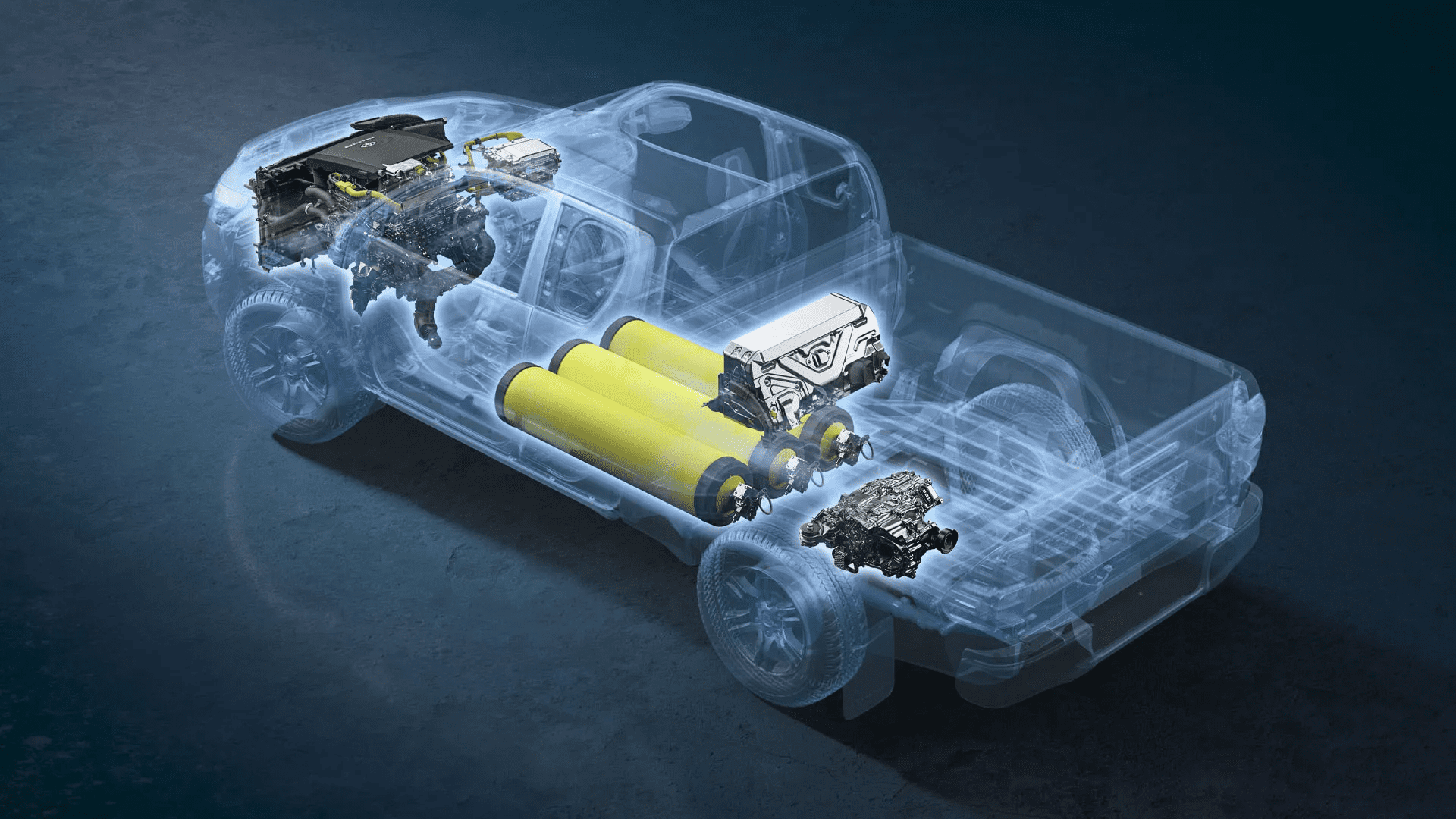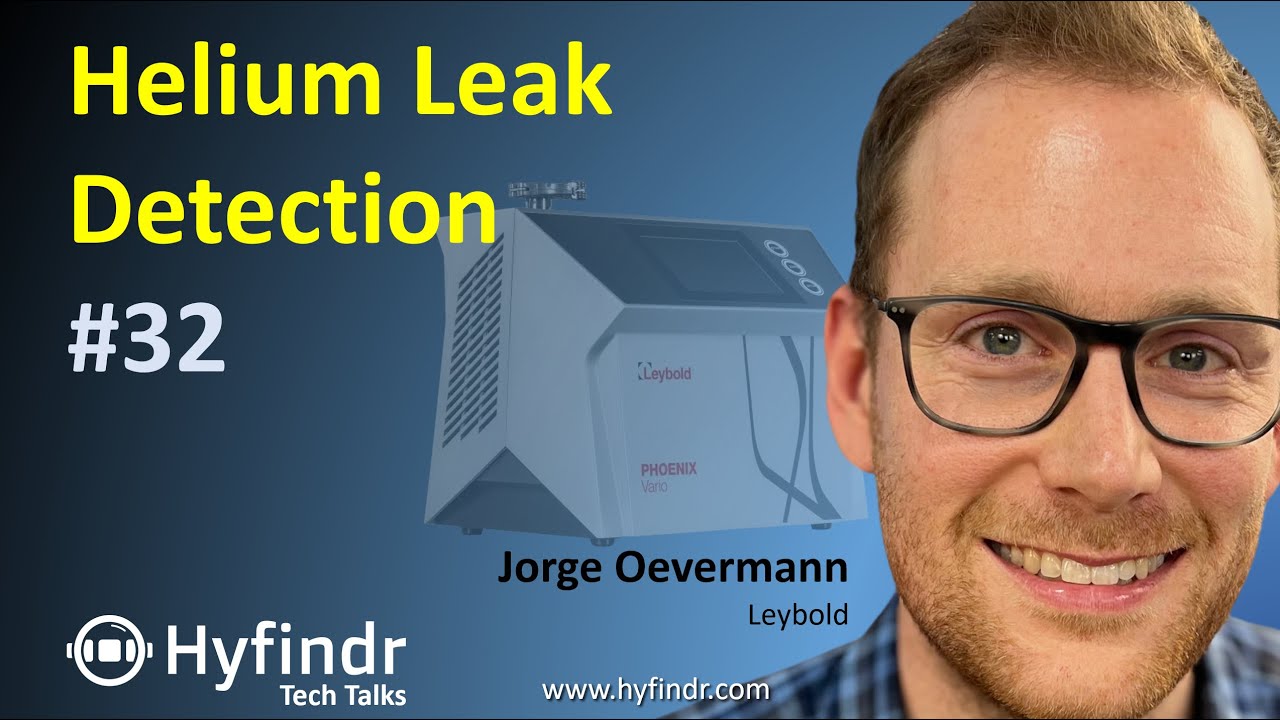Don’t Risk Performance—Master Maintenance for Longevity and Safety on the Road!
1. Why Hydrogen Fuel Cell Maintenance Matters ⚠️
Hydrogen fuel cell vehicles (FCVs) are the future of clean transportation, but their advanced technology demands specialized care. Ignoring maintenance can lead to:
- System Failures: Corrosion or leaks in fuel cells.
- Reduced Efficiency: Degraded membranes lowering energy output.
- Safety Risks: Hydrogen leaks or combustion hazards.
- High Repair Costs: Replacing fuel stacks costs thousands.
Key Stat: Fuel cell efficiency drops by 10–15% after 5,000 hours of operation without proper upkeep (DOE).
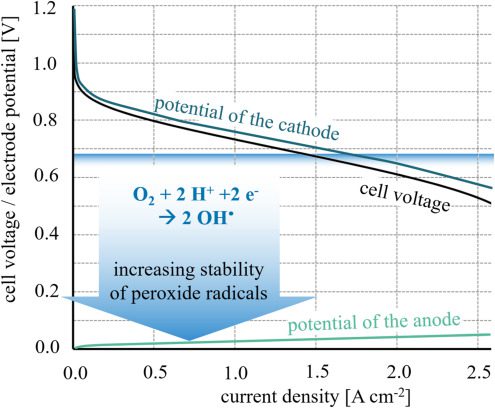
2. Legal & Safety Standards for FCVs 📏
Hydrogen cars must meet strict regulations to ensure safety and performance:
- ISO 14687: Hydrogen purity standards (max 0.00001% contaminants).
- SAE J2601: Protocols for safe refueling.
- Periodic Inspections: Mandatory checks for leaks, pressure integrity, and software updates.
Pro Tip: Use certified technicians for repairs to avoid voiding warranties.
3. Top 5 Maintenance Challenges & Fixes 🛠️
1. Fuel Cell Stack Degradation
Challenge: Platinum catalysts degrade, reducing energy output.
Solution:
- Regular Diagnostics: Use onboard software to monitor voltage consistency.
- Conditioning Cycles: Run “recovery modes” to redistribute catalysts.
Tool: Horiba Fuel Cell Analyzer ($15,000+ for pros).
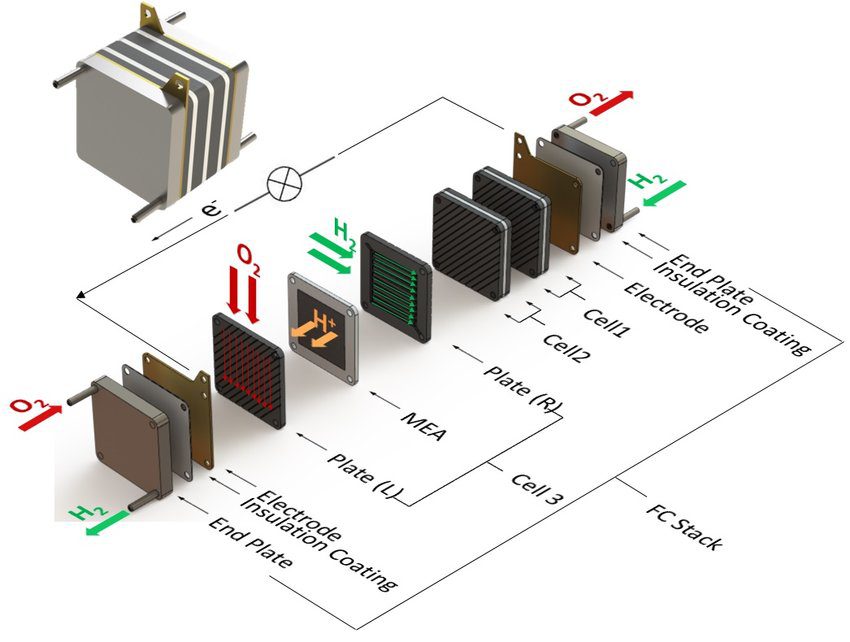
2. Hydrogen Leaks
Challenge: High-pressure tanks (10,000 psi) risk leaks.
Solution:
- Ultrasonic Testing: Detect micro-leaks with handheld sensors.
- Replace Seals Annually: Use fluorocarbon-based gaskets.
3. Air Contamination
Challenge: Dust or pollutants clog air filters, starving cells of oxygen.
Solution:
- Replace Filters Every 15k Miles: Opt for HEPA-grade filters.
- Clean Humidity Traps: Prevent water buildup in airflow systems.
4. Cooling System Issues
Challenge: Overheating damages membranes.
Solution:
- Flush Coolant Every 30k Miles: Use deionized water mixtures.
- Inspect Pumps: Ensure consistent flow to stacks.
Pro Tip: Monitor coolant temps via dashboard alerts.
5. Limited Repair Infrastructure
Challenge: Few mechanics specialize in FCVs.
Solution:
- Mobile Service Units: Brands like Toyota offer on-demand repairs.
- Training Programs: Certifications via SAE International.
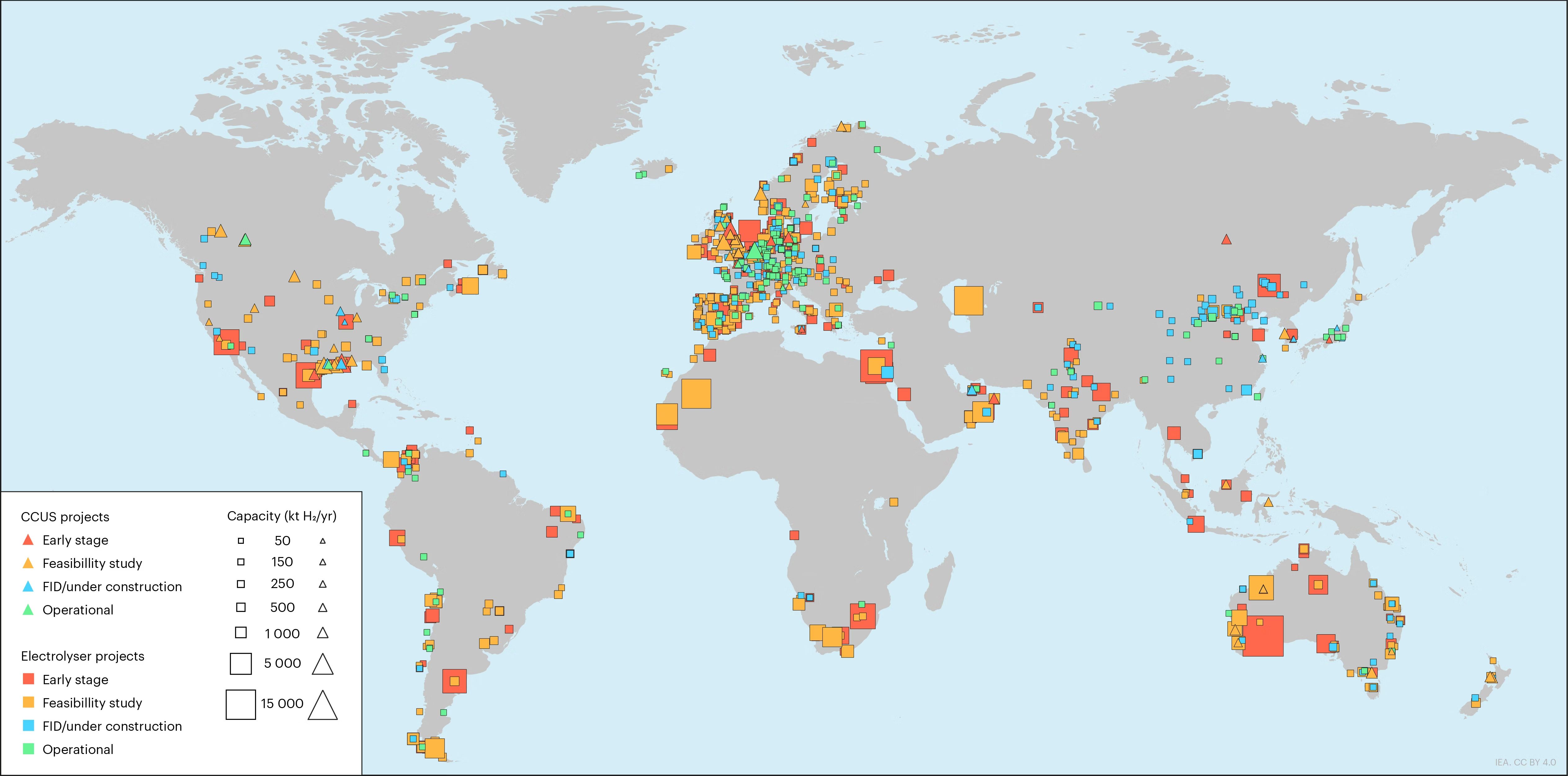
4. Consequences of Poor Maintenance 🚨
- Safety Hazards: Leaks can ignite with a spark (hydrogen flammability range: 4–75% in air).
- Costly Repairs: Fuel stack replacement averages 10,000–15,000.
- Warranty Voidance: DIY fixes often breach manufacturer terms.
5. Pro Maintenance Tips 🔧
- Software Updates: Install OEM updates to optimize performance.
- Park Indoors: Protect fuel cells from extreme temperatures.
- Drive Regularly: Prevent membrane dry-out by using the car weekly.
- Pre-Winter Prep: Check heating systems for cold-weather startups.
6. Essential Tools for FCV Owners 🛒
| Tool | Price | Purpose |
|---|---|---|
| Horiba Portable Analyzer | $2,500 | Diagnose stack health |
| H2Sense Leak Detector | $600 | Spot hydrogen leaks |
| Hyfindr App | Free | Locate refuel stations & mechanics |
7. FAQs ❓🌟
Q1: How often should I service my FCV?
A: Every 15,000 miles or annually, whichever comes first.
Q2: Can I repair fuel cells myself?
A: No—specialized equipment and training are required.
Q3: Do FCVs need oil changes?
A: No, but coolant and air filter replacements are critical.
Q4: How long do fuel cells last?
A: 150,000–200,000 miles with proper care.
Q5: Are hydrogen cars safe in crashes?
A: Yes—tanks are carbon-fiber reinforced and self-sealing.
8. Free FCV Maintenance Checklist 📝
[🔗 Download Your Free PDF Here]
Includes:
- Monthly inspection steps.
- Emergency leak response protocol.
- Warranty tracking sheet.
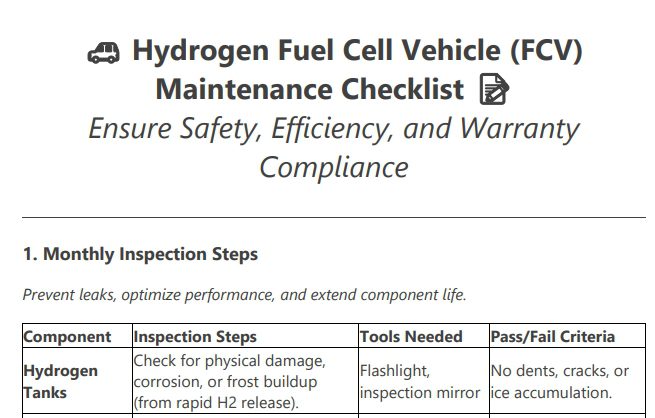
Final Tips 💡
- Avoid Aftermarket Parts: Stick to OEM components for compatibility.
- Join Forums: Learn from other FCV owners on H2CarForum.com.
- Advocate for Infrastructure: Petition local governments for more H2 stations.
🚗 Share this guide to accelerate the hydrogen revolution! 🚗
Expand Your Automotive Knowledge 📝
Explore 500+ Free Expert-Curated Guides
🚗 Learn New Skills
From basic maintenance to advanced repairs — clear, actionable tutorials for every skill level.
🌍 Access Anywhere
Mobile-friendly guides with HD visuals. No downloads required.
- Guides & Tutorials
- Car Maintenance 101
- Diagnostics & Troubleshooting
- Seasonal Maintenance
- Budget-Friendly Repairs
- Electrical Systems Guide
- Car Safety & Reliability
- Tools & Product Reviews
- Routine Maintenance
- Car Modifications & Upgrades
- Buying/Selling Guides
- Eco-Friendly Car Care
- Advanced Repairs
- Car Laws & Compliance
- Emergency Repairs
- Future Car Tech

